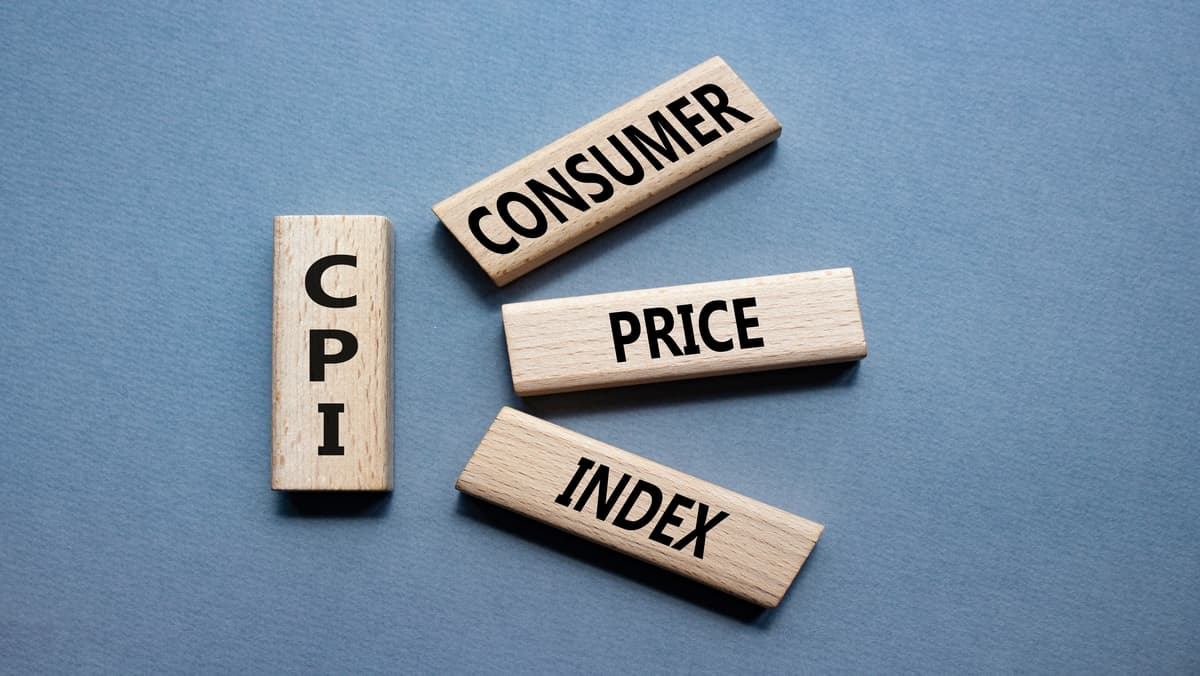
星期五 Aug 9 2024 08:21

4 最小

China’s consumer prices rose by a more-than-expected 0.5% in July from a year ago, boosted by a surge in pork prices, according to data from the National Bureau of Statistics released Friday.
Key points:
Analysts surveyed by Reuters had anticipated a modest rise in the consumer price index to 0.3% in July from the 0.2% recorded in June. The data arrives amid declining manufacturing activity and growing worries about export prospects, reflecting the challenges faced by the world’s second-largest economy, which is struggling with weak domestic demand.
The 0.5% increase in CPI for July was the highest since the 0.7% rise seen in February, according to data from Wind Information. Notably, February's rise coincided with China's major holiday, the Lunar New Year.
The increased inflation comes following several more measures from Beijing to increase local liquidity conditions, mainly interest rate cuts by the PBOC. Despite the improved reading for July, Chinese inflation still remained largely languid, amid high unemployment, a sustained property market slowdown and weak consumer sentiment.

The rise in food prices, driven by high temperatures and heavy rainfall in some regions, contributed significantly to this monthly growth. Food prices swung from a drop of 2.1% on-year in June to an unchanged outcome in July, while the growth in non-food prices slowed from 0.8% in June to 0.7% last month.
"There's a sharp contrast between food and ex-food CPI... none of the other goods and services saw inflationary moves, suggesting no sign of a pickup in domestic demand," said Xu Tianchen, senior economist at the Economist Intelligence Unit.
In July, pork prices, a staple in China’s diet, jumped 20.4% year-on-year, marking the largest increase since December 2022, as reported by Wind.
Pork prices play a significant role in China’s consumer price index, but can be prone to large swings due to disease or other factors affecting production.
Core CPI, which strips out food and energy prices, rose by 0.4% year-on-year in July. That’s down from 0.6% in June.
Core inflation, excluding volatile food and fuel prices, gained 0.4% on-year in July, down from 0.6% in June. Weak domestic demand has become a major pain point for the economy, while hopes for an export-led recovery have also been crimped by rising trade tensions with the West, tariffs on Chinese goods and fears of a U.S. recession.
When considering shares, indices, forex (foreign exchange) and commodities for trading and price predictions, remember that trading CFDs involves a significant degree of risk and could result in capital loss.
Past performance is not indicative of any future results. This information is provided for informative purposes only and should not be construed to be investment advice.
